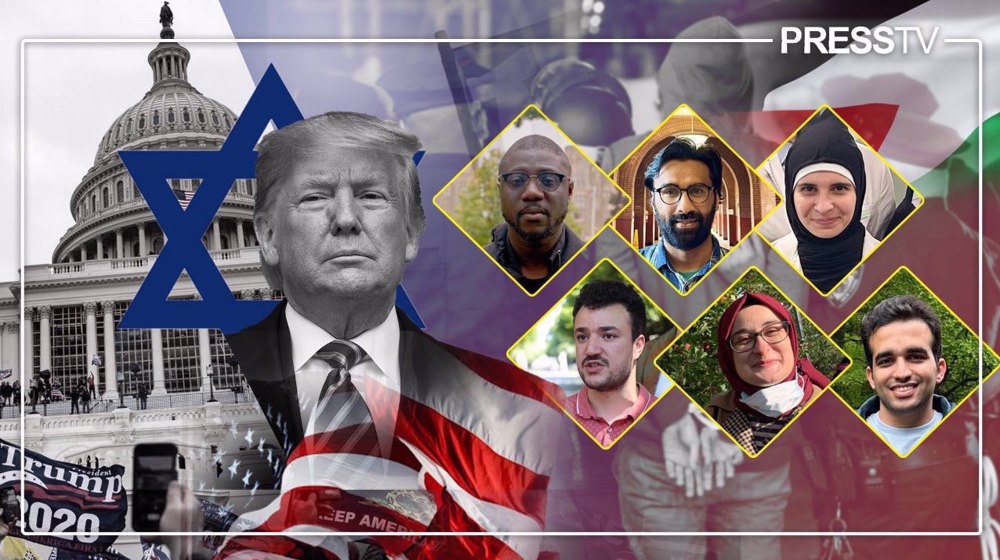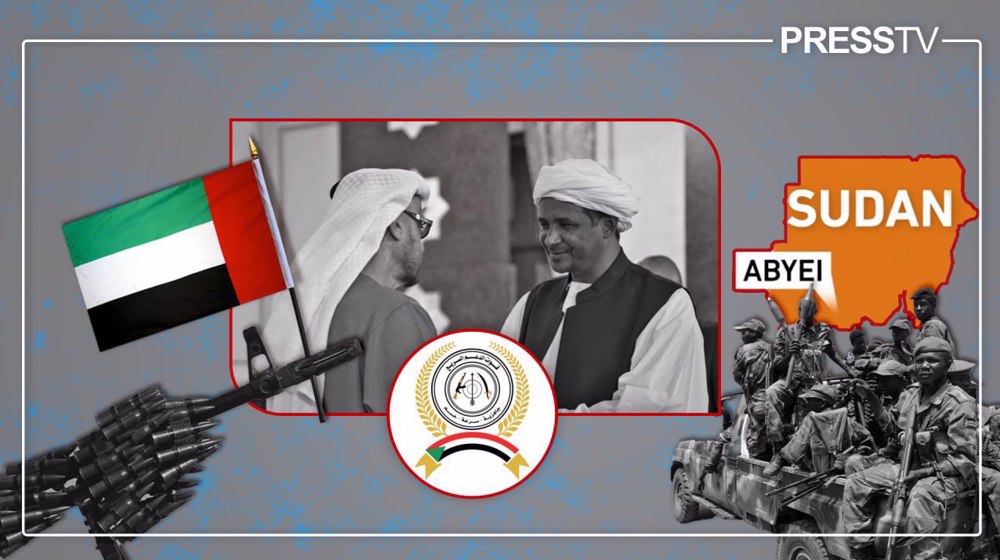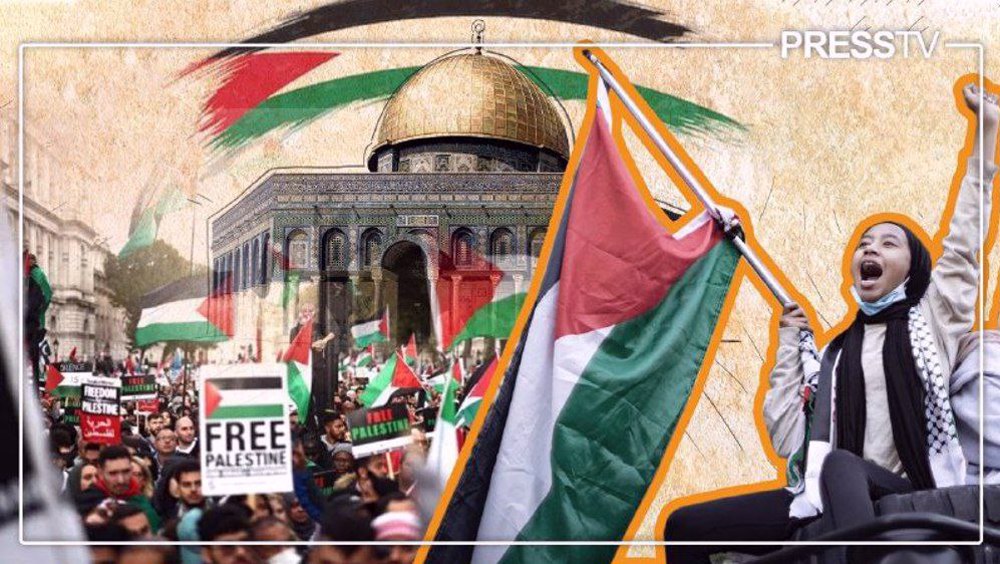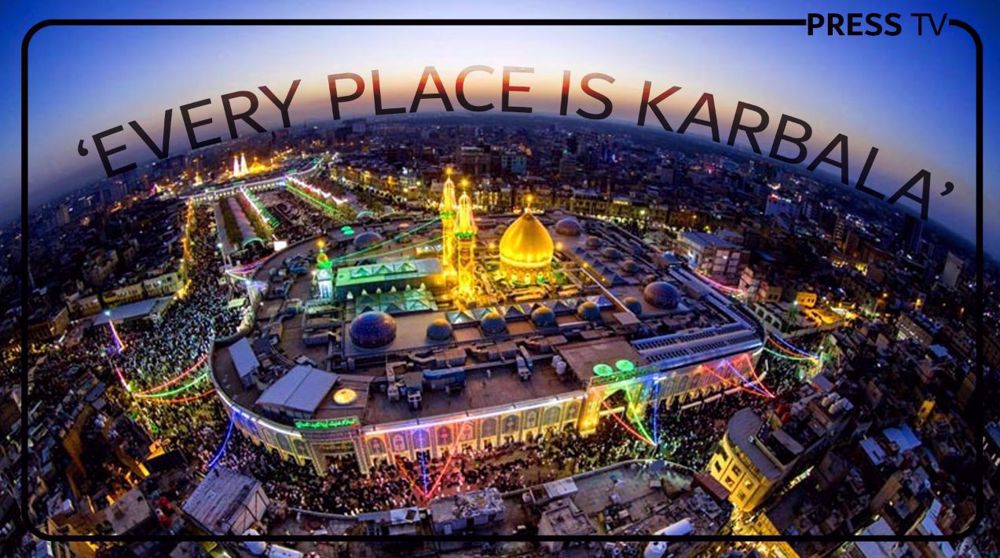‘Every place is Karbala’: How Muharram teaches us to speak for oppressed
By Syed Zafar Mehdi
More than two dozen people have been mowed down in unprovoked, indiscriminate Israeli aerial aggression across the besieged Gaza Strip in the last few days, including a five-year-old girl.
Alaa Qaddoum's life was brutally cut short by a missile on the day world was remembering another little martyr whose neck was pierced by an arrow in the desert plains of Karbala 14 centuries ago.
In a similar dastardly act, on the same day, at least eight people were killed in cold blood, including children, in west Kabul when they were gearing up for traditional Muharram commemorations.
The attack was claimed by the Daesh terrorist group, which has made common cause with Zionists.
To invoke the oft-repeated phrase, ‘every place is Karbala, every day is Ashura’. It may sound clichéd but there is a profound philosophical subtext to it that connects the dots between now and then.
Muharram and Karbala are in many different ways symbolic of the perennial struggle between truth and falsehood, right and might, just and unjust, glory and ignominy.
The relevance and significance of Imam Hussain's (AS) epic uprising against the corrupt and despotic Umayyad ruler in the plains of Karbala cuts across the frontiers of time and space.
It is a revolutionary movement that will always have contemporary significance, in every age and every time. These annual commemorations are the reaffirmation of our pledge of allegiance to the principles exemplified by the children of Ali ibn Abi Talib (AS) from Medina to Karbala.
The movement, which has gripped the hearts and minds of people throughout history, is unfolding even today – in Palestine, Afghanistan, Yemen, Kashmir – and in every place where young men are mercilessly killed, houses are flattened, localities are bombarded, and innocent blood is spilled.
What’s unfolding in Palestine today refreshes the memories of what took place 1,400 years ago. An apartheid regime, which has occupied people’s lands, confiscated their properties, and driven them out of their homes, is today’s version of the Umayyad empire.
The resistance and resilience demonstrated by the brave Palestinian nation in the face of insurmountable odds is what the Hussaini spirit is all about – “until death no humiliation.”
When Yazid ordered his governor Walid to forcibly take allegiance from Hussain (AS), what Imam said in response will always echo in the annals of time: “A person like me cannot pledge allegiance to a person like you.”
The grandson of the Holy Prophet (PBUH) refused to yield, in line with the command of his Creator in Surah Munafiqun: “The might belongs only to Allah and to His Apostle and to the believers.”
Imam Hussain (AS) refused to swear allegiance to Yazid, refused to fall into the vicious trap. In the same way, Palestinians continue to refuse to accept the illegal occupation of an illegitimate entity.
Leader of the Islamic Revolution Ayatollah Seyyed Ali Khamenei beautifully describes our responsibility toward the oppressed people of Palestine, citing Holy Prophet (PBUH).
“The Holy Prophet (PBUH) said, “A person who hears a Muslim’s cries for help but fails to respond is not a Muslim.”.… And today it is not just one individual who is crying for help, it is an entire nation.
Palestine, though, is not the only Karbala of our times. What’s happening with minority Shias in Afghanistan is equally tragic and heart-rending, which must jolt us out of our blissful slumber.
For years, the Daesh terrorist group, which derives its Takfiri ideology from Umayyads, has been unleashing horror on Afghan Shias, targeting their houses, mosques, schools, and hospitals.
The bloodletting gains momentum every Muharram. This Friday, eight people were killed after a bomb attached to a handcart exploded in a Shia-dominated neighborhood of western Kabul.
It is the same neighborhood of around one million people where the bombing of Sayed-ul-Shuhada High School in May last year killed 85 people, most of them young female students aged 11 to 17.
Then there is Yemen – the biggest and the forgotten tragedy of our times. Thousands have died over the years in the Saudi-led coalition’s aggression in the Arab country, with overt and covert support from the Western regimes and Israel. Tens of thousands have perished due to starvation.
These Muharram commemorations are essentially an expression of support and solidarity with these oppressed people, from Palestine to Afghanistan to Yemen and other places.
It’s not a grief-centric ritual locked in the corridors of time. It’s the reaffirmation of our pledge to speak for the oppressed, to rise up against tyranny, and to be the voice of the voiceless.
As Dr. Ali Shariati puts it, our history is the “manifestation of the eternal conflict between the two poles of God and Satan” and in each period of time these two poles have “disguised differently.”
The evil forces almost always have faced a disgraceful defeat, in line with the Almighty’s promise in Holy Quran: “And Allah, will by no means, gives the unbelievers a way against the believers.”
In Karbala, it was Yazid’s defeat and Hussain’s (AS) triumph, irrespective of the outcome on the battlefield. And that was made possible by those who valiantly unmasked the tyrants.
Every revolution, Dr. Shariati says, has two visages: blood and the message. Imam Husain (AS) and his companions undertook the mission of blood. The second mission is to carry the message of this blood to future generations – which was carried out by his sister Zainab (SA) – “the savior of Karbala.”
The lady who, in the aftermath of Karbala, led the caravan comprising women and children from Iraq to Syria and bravely confronted Yazid in his Damascus court, showed us the way.
Speaking up against injustice and oppression is the message of Karbala and the legacy of Imam Hussain (AS) and Sayyeda Zainab (SA). That’s also the crux of these annual Muharram commemorations.
Syed Zafar Mehdi is a Tehran-based journalist, blogger, commentator and author. He has reported for more than 12 years from India, Afghanistan, Pakistan, Kashmir and Iran for leading publications worldwide.
(The views expressed in this article do not necessarily reflect those of Press TV.)

'Land of the unfree': Trump admin’s war on pro-Palestine activism on US campuses

The forgotten war: Sudan, crimes against humanity, and UAE’s deep complicity

Intl. Quds Day: None of us are free until Palestine is free – river to the sea
Iran hails Kyrgyzstan-Tajikistan-Uzbekistan border deal
French police bludgeon students protesting budget cuts in Paris
Envoy rejects UN body’s ‘false picture’ of rights situation in Iran
Negative impact of Trump tariffs on UK economy
Student says he fled US due to 'Trump's lawlessness'
VIDEO | Press TV's news headlines
Indian parliament passes bill seen as step to seizure of mosques
US airstrikes target multiple sites across Yemen’s Sa’ada







 This makes it easy to access the Press TV website
This makes it easy to access the Press TV website